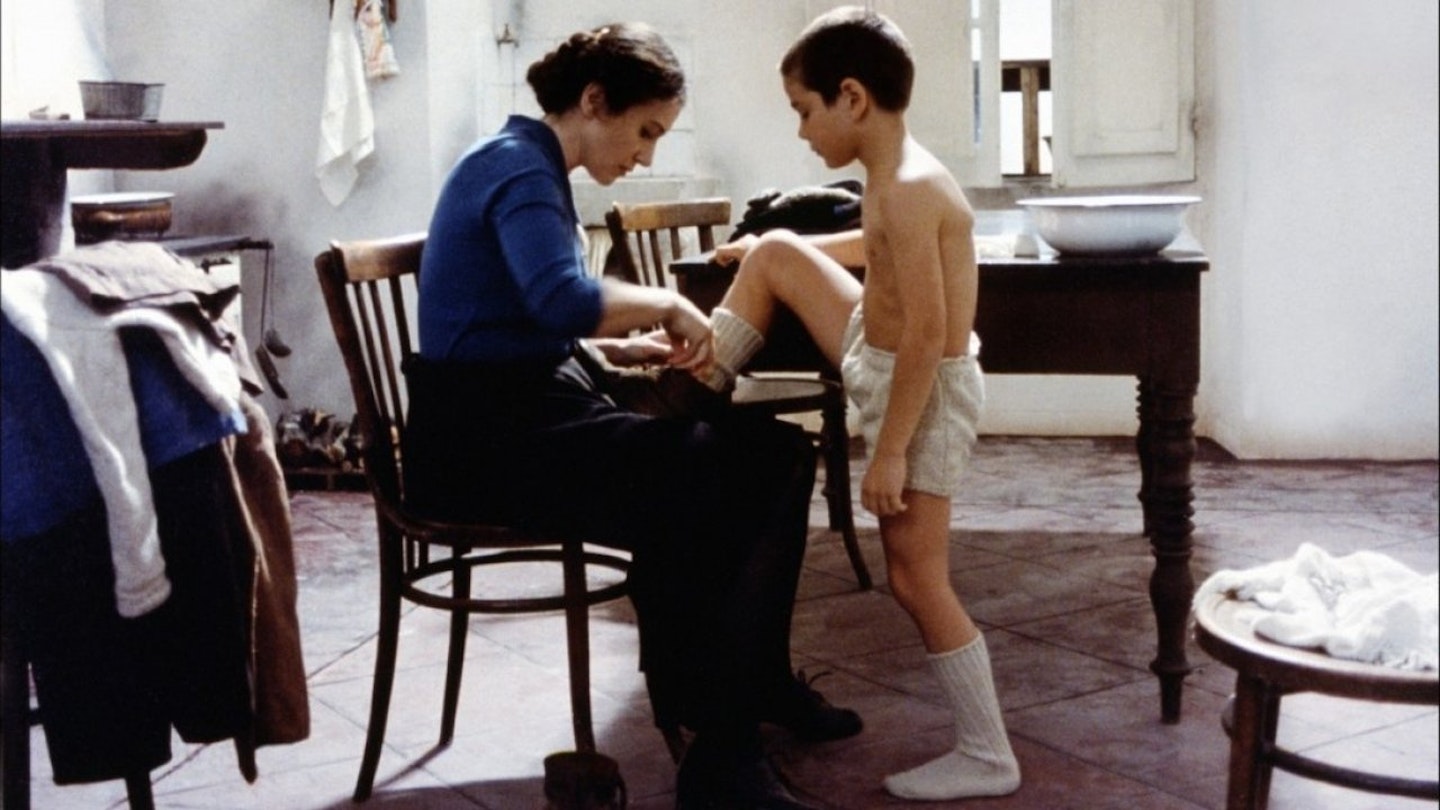Originally filmed on 16mm stock for Italian television, Paolo and Vittorio Taviani's adaptation of Gavino Ledda's 1974 autobiography became the first feature to win the Palme d'Or and the International Critics' Prize at the same Cannes Film Festival. There was much controversy over the Grand Prix victory and rumours spread that the jury's heated debates had hastened Roberto Rossellini's death. Considering that Padre Padrone challenged the tenets of neo-realism that Rossellini had done so much to establish in the 1940s, this was a deeply ironic coincidence whose generational significance echoed the father-son struggle at the heart of Ledda's story.
The Tavianis invariably challenged the conventions of the genre in which they were working and here they combined documentary and drama to subvert the ideological bombast of much Italian political cinema in the 1970s. By having Ledda appear as himself at the beginning and end of the film, they reinforced the grimly optimistic message that if he could triumph over illiteracy and insularity then anyone could. Yet, no attempt was made to sentimentalise Gavino's rite of passage or to demonise Efisio, as it was always apparent that the latter was as much a victim of the local culture and the wider socio-economic system as his son.
Thanks to the Mario Masini's alternation between lingering vistas and intense close-ups, the Tavianis achieved a heightened realism that went beyond the craggy beauty of Vittorio De Seta's Bandits of Orgosolo, which had also centred on the travails of a Sardinian shepherd.
But it was their use of sound, even more than imagery, that gave the action its authenticity and poignancy and the viewer quickly becomes as sensitive to the noises of nature as Gavino, who seemed to assimilate knowledge through sound, whether it was the wind, the breathing and bleating of his sheep, the melodic voice of the accordion or the Italian he was forced to learn because his dialect was outlawed at boot camp.
Rarely had the process of emancipation through enlightenment rather than rebellious disaffection been depicted with such raw emotional and cinematic honesty.
